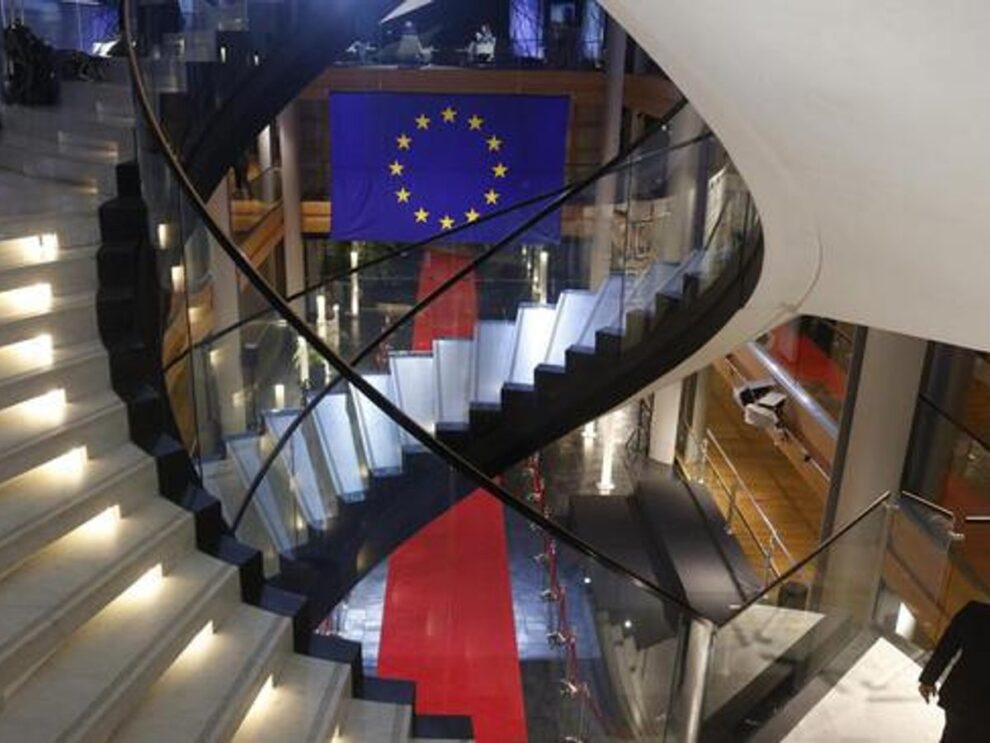Recent developments have included a report commissioned by France and Germany, advocating for majority voting on most EU decisions.
In the intricate landscape of European Union politics, the question of whether to reform the union to accommodate new members like Ukraine and Moldova has emerged as a contentious issue. Former European Commission president José Manuel Barroso, while voicing his support for Ukraine’s accession, has cautioned that discussions regarding “fundamental changes of the institutional balance” could potentially sow division within the EU.
EU member states have begun to put forward proposals for how the union should adapt to the inclusion of new members. While accession for Ukraine and Moldova is not on the immediate horizon, with a potential target year of 2030 mentioned by European Council president Charles Michel, the matter remains aspirational.
Here is what you need to know
In addition to Ukraine and Moldova, which achieved candidate status last year, several other countries, including Turkey, Georgia, and six western Balkan nations, are at various stages in the EU accession process. The EU Commission is set to report on the progress of all 10 countries in October.
One pressing concern is that as the number of member states grows, the EU’s decision-making process could become increasingly sluggish, especially in areas such as foreign policy and budgetary matters where unanimous agreement is required.
Recent developments have included a report commissioned by France and Germany, advocating for majority voting on most EU decisions and proposing four tiers of EU integration. This approach would allow countries like Switzerland and potentially the UK and Turkey to engage in looser forms of cooperation with the EU. José Manuel Barroso has stated that he is not in favour of such reforms. “Look at the very difficult decisions that we took now, including sanctions against Russia, or issues relating to defence. Weren’t they possible, even with unanimity,” he said, as per a report from the Financial Times.
The path forward for the European Union appears to be marked by complex negotiations and a delicate balance between unity and expansion as it considers the prospects of welcoming new members into its fold.
Source : republicworld.com
















